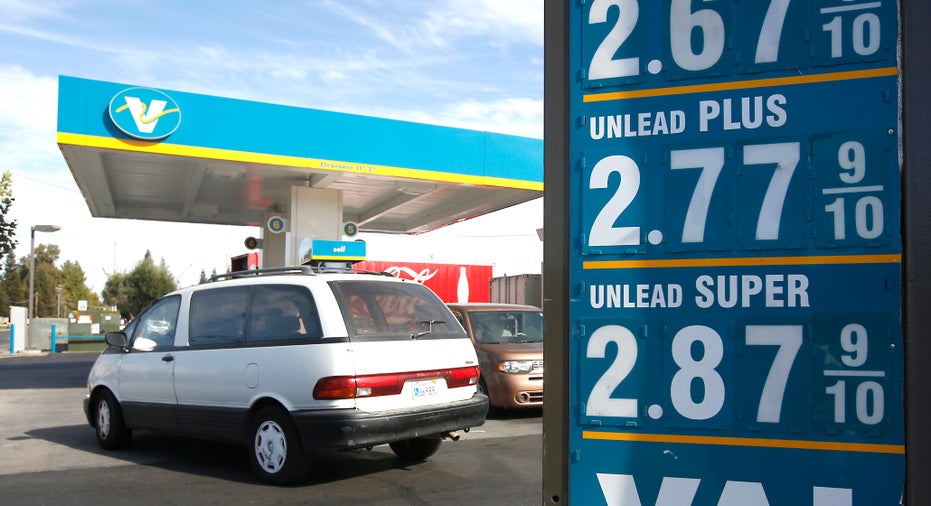Drivers Are Wasting Billions on Premium Gas, AAA Says

Drivers wasted $2.1 billion on premium gasoline over the past year, according to new AAA research.
AAA determined that premium gasoline doesn’t improve performance, fuel efficiency or emissions for vehicles that run on regular-grade fuel. Yet an estimated 16.5 million Americans have opted to pay for premium gasoline at least once in the last 12 months, believing it’s better for their car’s engine. Drivers “upgraded” to premium gasoline more than 270 million times, AAA said.
“Drivers see the ‘premium’ name at the pump and may assume the fuel is better for their vehicle,” said John Nielsen, AAA’s managing director of automotive engineering and repair.
Gasoline sold in the U.S. is typically available in three grades. Regular gasoline is 87-octane, mid-grade is 89-octane and premium is 91/93-octane. Premium fuel is often required in luxury or high-performance vehicles, such as BMW and Mercedes-Benz models. Only 16% of U.S. drivers own a vehicle with an engine that needs premium fuel based on the manufacturer’s recommendations. Seventy percent of car owners have vehicles that run on regular gasoline.
More: Relief on the Way for Southeast Gas Shortage
AAA evaluated vehicles equipped with four-, six- and eight-cylinder engines designed to operate using regular gasoline. Each vehicle was tested with regular and premium gasoline while running on a dynamometer—a treadmill-like device often referred to as a dyno for short. A dyno can be used to measure horsepower and other data.
AAA gathered data on horsepower, fuel economy and tailpipe emissions while using both fuel types and simulating different driving conditions. The tests discovered no significant increases in any of the three categories. As a result, AAA recommends sticking with the type of gasoline specified in the owner’s manual.
“Premium gasoline is specifically formulated to be compatible with specific types of engine designs and most vehicles cannot take advantage of the higher octane rating,” said Megan McKernan, manager of the Automobile Club of Southern California’s Automotive Research Center.
AAA’s research shows that “‘premium’ does not mean ‘better’ if your vehicle doesn’t require it,” Nielsen added. He also noted that if drivers are looking for a fuel upgrade, they can fill up their vehicles with gasoline that has the Top Tier label. AAA published research in July that indicated Top Tier gasoline, which includes engine-cleaning additives, is healthier for car engines. The Top Tier standards for gasoline are backed by automakers.
The national average for regular gasoline is about $2.21 a gallon, AAA said Monday. Premium fuel costs 50 cents more at $2.71 a gallon.



















